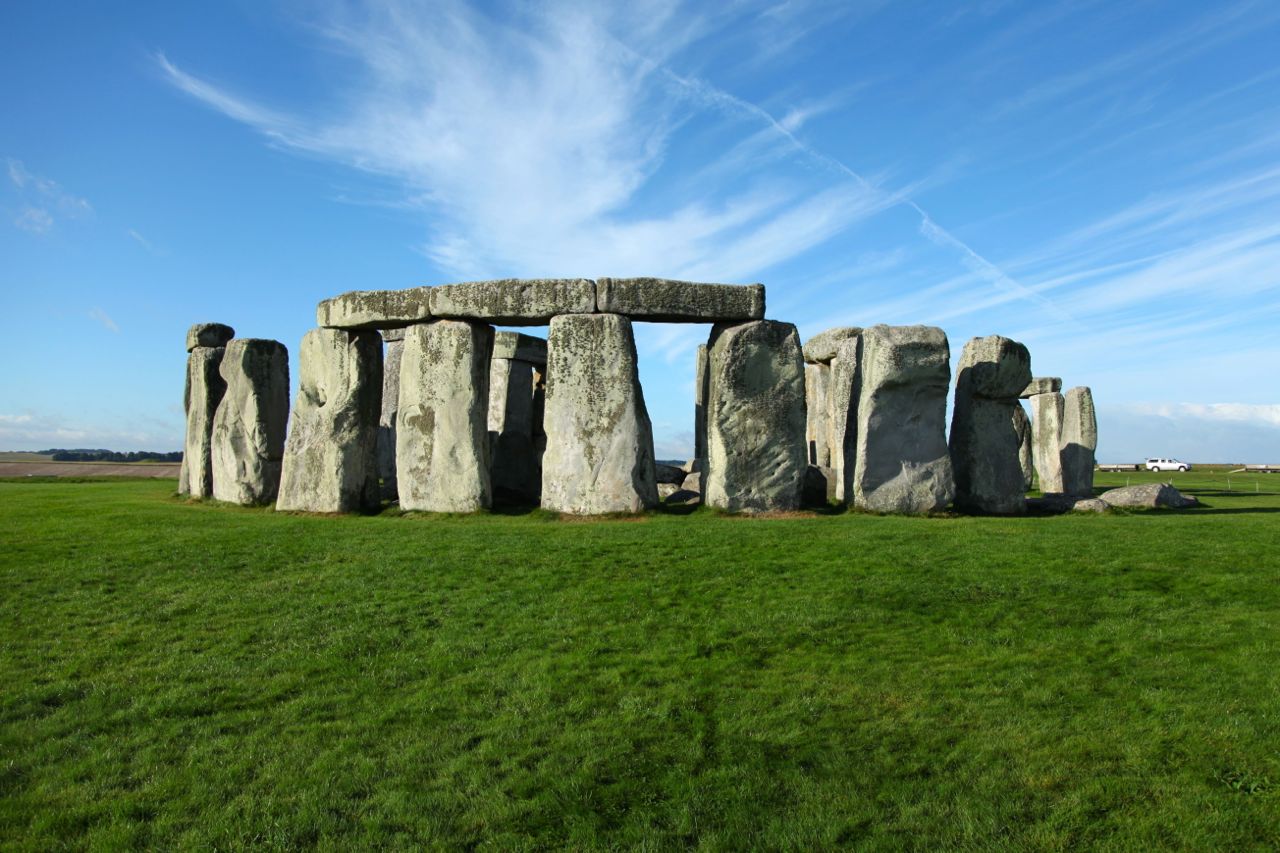Today sees the famous ‘Tomatina’ festival in Buñol, Valencia, held annually on the last Wednesday in August.
40,000 people are taking part in the festival and 120,000 kilos of tomatoes are being thrown to create a river of red in the streets.
Buñol councillor, Rafael Pérez, said despite the recession the amount of tomatoes prepared was the same as last year. The fiesta is expected to bring as much as 300,000 € to Buñol.
The Town Hall has called a ‘a reference worldwide’.
Indeed last year saw visitors from Brazil, Japan, Australia, New Zealand and India. (typicallyspanish.com)
